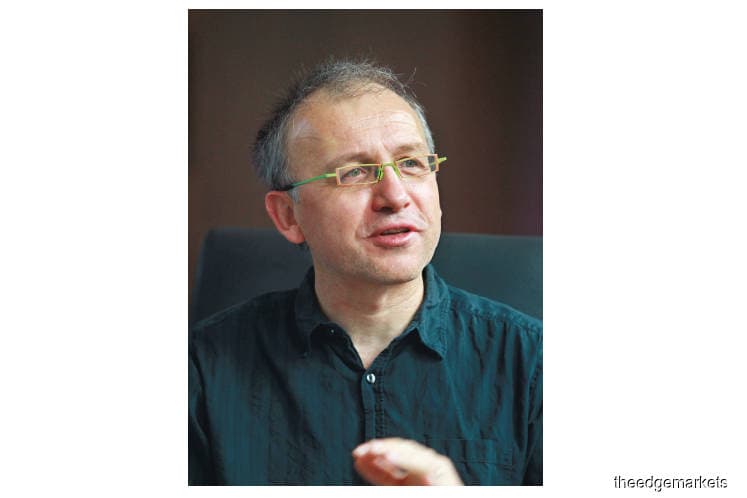
This article first appeared in The Edge Malaysia Weekly on May 4, 2020 - May 10, 2020
CHANGING the way Malaysia votes by adding proportional representation (PR) to the current first-past-the-post (FPTP) system could help the country move beyond the identity politics that is eroding its social cohesion.
In a mixed voting system, consisting of FPTP local districts and PR national districts, political parties would have the incentive to develop strong national policies so that a broad range of voters would be attracted to support them, says Prof Thomas Gschwend, who teaches political science at Mannheim University, Germany.
While FPTP districts encourage local accountability, there is a fear that there is too much focus on local or symbolic issues which appeal easily to voters, says Gschwend in an interview with The Edge.
“The current electoral system is playing into identity politics. In order to get elected, you need to get a majority of votes in your district, that’s all,” he says.
Gschwend, who was in Malaysia to share his research on electoral systems with the Electoral Reform Committee, explains that in a PR system, parties have to nominate a number of candidates to a party list which voters can vote for.
Parties would adopt different strategies to get experts in different fields such as social, economic and foreign policy matters to join them, he says, as they need to have specialists who are able to present ideas and draft policies.
In a PR system, for parties to attract enough support from a broad voter base, dwelling on issues related to identity would not be enough, says Gschwend. They have to provide solutions to pressing national problems to be prominent in voters’ minds.
He was responding to a question about whether the election system could be designed to make issues of race and religion become less effective for winning seats.
In the FPTP voting system, which Malaysia practises, the candidate who wins the most votes wins the seat even if he or she does not secure the support of a majority of the voters.
“The most salient item that a leader can use to do this is identity,” says Gschwend. “It’s so easily available and it’s obvious even to people who don’t follow politics. So a single member electoral system makes this even stronger.”
If some form of proportional representation is used, it automatically encourages a focus on national districts, he says. “Therefore you don’t have direct local accountability for those MPs and they are more likely to follow some kind of national agenda,” he says.
In a mixed system, you have the best of both worlds — there are FPTP districts that encourage local accountability, and PR districts that cater for national interests, he says.
Save by subscribing to us for your print and/or digital copy.
P/S: The Edge is also available on Apple's AppStore and Androids' Google Play.